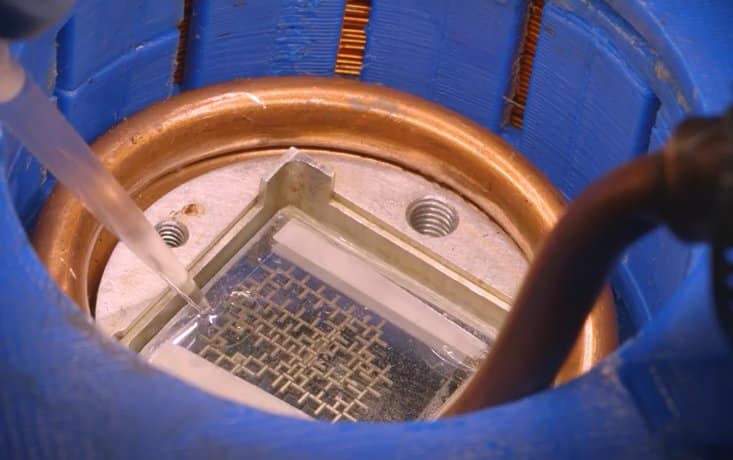So I am truly fixated on PCs. There are such a large number of models of PCs, some produced using optical filaments and some are ultra conservative quantum PCs, however, what truly livened me up is this improvement of PC that works on the material science of water beads. Additionally? This extreme PC could conceivably run an arrangement of calculations that algorithmically control physical matter too.
This synchronous PC that after decades is really taking shape by the aftereffect of controlling drop liquid flow with a principal component of software engineering – a working clock. This work at long last shows a synchronous, general drop rationale and control. This rationale being all inclusive can in principle, perform all operations that an electronic gadget can crunch, in spite of the fact that at slower rates.
The thought of this PC is that minor water drops could go about as data bearers to process both data and control physical phenomena at the same time. At that point, a turning attractive field was constructed that could go about as a clock to synchronise all the drops. Tickers assume an essential part in many gadgets as they are in charge of most advanced accommodations.
Each PC system requires numerous synchronous operations and this clock verifies that every one of these operations begins and stops in the meantime, guaranteeing the information synchronisation.
So adding to a clock for this water bead working gadget is no simple errand. It obliged a lot of innovative deduction meeting the accompanying elements: it must be effortlessly controlled, with the goal that it can impact various drops at once. The framework likewise should have been adaptable to guarantee powerful correspondence between water drops. So architects assumed that this turning attractive field could simply do.
This attractive field was fabricated by building varieties of little iron bars on glass slides, with a clear slide on top, sandwiching oil in the middle. The blend was deliberately infused with individual water particles that had been mixed with small attractive nano-particles.
The present chips are about a large portion of the extent of a postage stamp with the beads smaller than poppy seeds. The entire framework can be rearranged and be made more compact.The capacity to exactly control the water particles utilising fluidic reckoning has shifted applications including science, and most potentially in adaptable computerised assembling.

